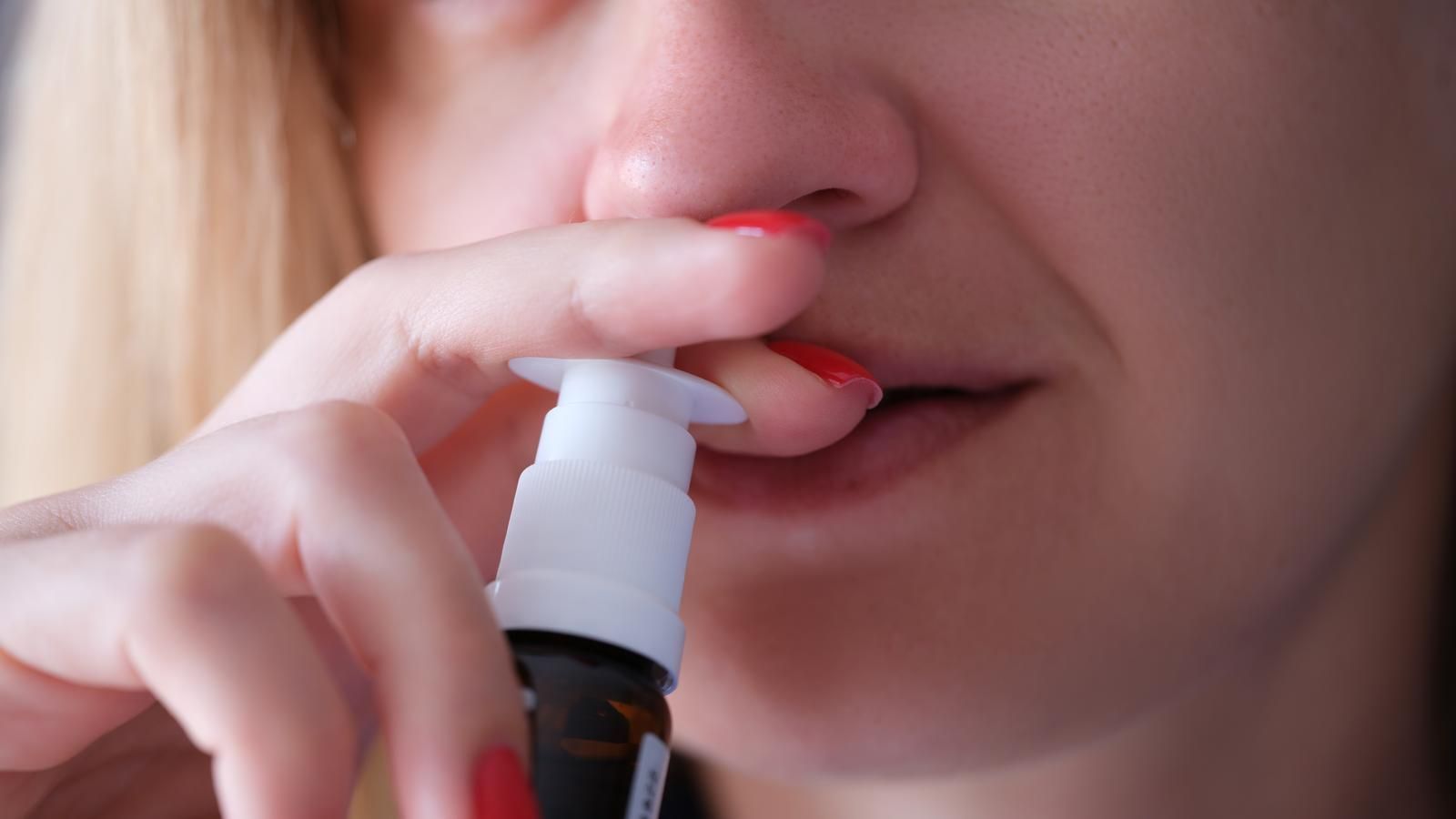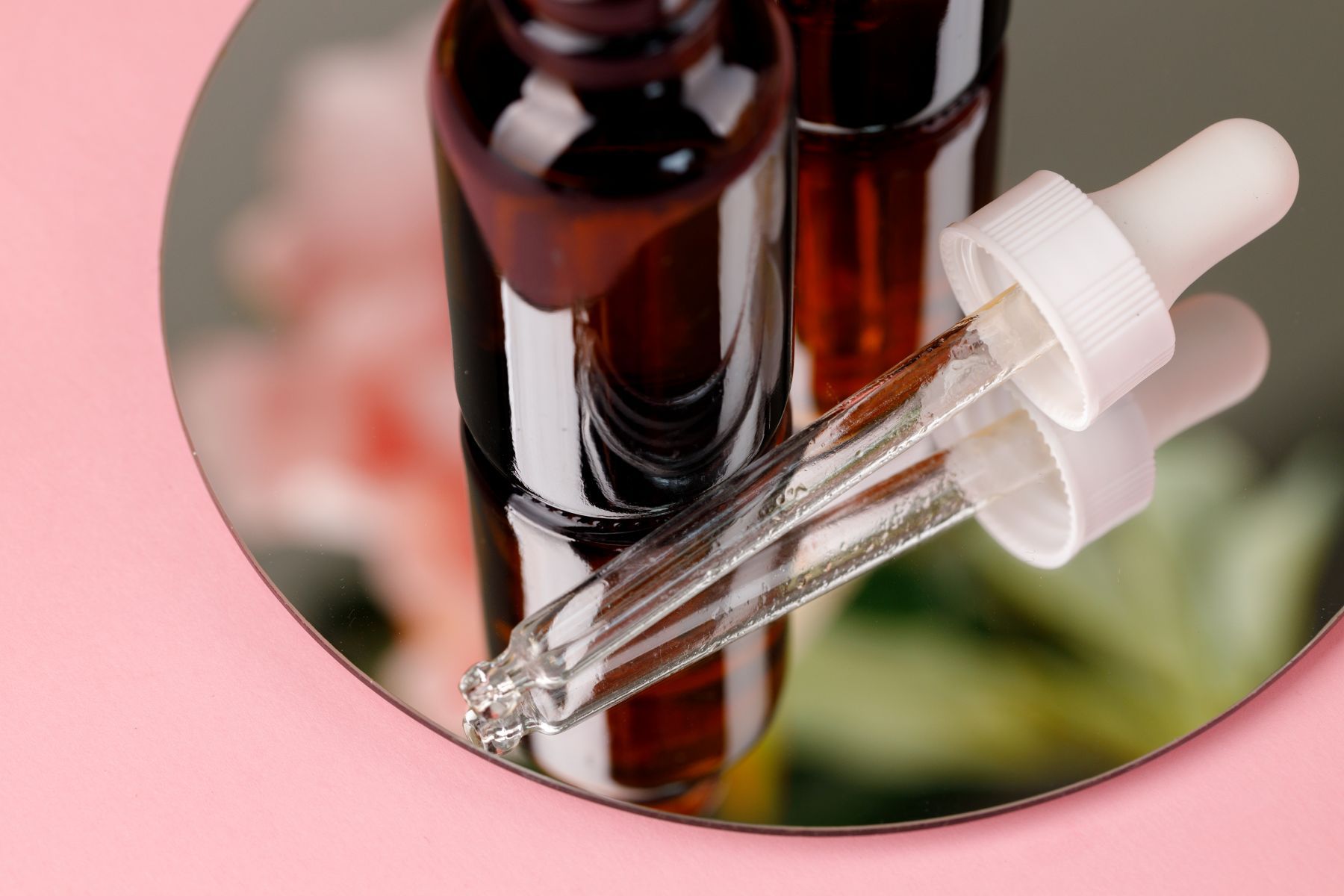What Will Dry Up a Runny Nose? Insights from Experts and Science-Backed Solutions
This is a subtitle for your new post
Discover natural solutions to dry up a runny nose with science-backed insights and expert advice. Learn how Narisure Dry Nose Relief harnesses rose geranium oil for effective nasal symptom relief.

You’re reaching for tissues again, frustrated by another bout of a runny nose. A runny nose can easily disrupt your daily routine regardless of if it comes from allergies, a cold, or changes in humidity. Many people look for effective, natural relief but often wonder what actually works to dry up a runny nose without harsh side effects. Drawing from insights on the latest clinical research, this blog explores proven strategies to ease nasal symptoms. We also highlight how Narisure Dry Nose Relief, formulated with rose geranium oil, offers a gentle and effective option for natural runny nose relief.
Understanding the Causes of a Runny Nose
A runny nose can be triggered by various factors. The most common causes include:
- Allergies: Pollen, dust, pet dander, and mold can irritate nasal passages.
- Viral infections: The common cold or flu often lead to excess mucus production.
- Environmental irritants: Smoke, pollution, and strong odors can cause nasal irritation.
- Weather changes: Cold air or dry indoor heating can dry out nasal membranes, prompting excess mucus.
- Medications: Some drugs may cause nasal secretions as side effects.
Your nose serves as a defense system. It traps and clears harmful particles through mucus and cilia (tiny hair-like structures). However, when exposed to irritants or inflammation, this natural defense can go into overdrive, producing more mucus than needed. This results in a persistent runny nose.
Traditional Remedies vs. Modern Solutions
Common remedies for a runny nose include antihistamines, nasal sprays, and decongestants.
- Antihistamines may cause drowsiness or dry out nasal passages excessively.
- Nasal decongestant sprays can offer quick relief but risk rebound congestion if overused.
- Oral decongestants may increase blood pressure or cause nervousness.
- Anticholinergic nasal sprays may dry the nose and cause nose bleeds.
Due to issues with these medicines, many seek safer alternatives. Natural ingredients have gained attention for providing gentle support without harsh side effects. Narisure's approach centers on plant-based solutions designed to soothe nasal tissues while maintaining mucosal balance.
What Will Actually Dry Up a Runny Nose?
Effective strategies backed by evidence include:
- Avoiding triggers: Limit exposure to allergens and strong odors.
- Using saline rinses: These help clear mucus and irritants from nasal passages.
- Humidifiers: Maintaining balanced air moisture prevents nasal membranes from drying out.
- Natural products: Ingredients like rose geranium oil soothe irritated tissues and help regulate mucus production.
Narisure Dry Nose Relief stands out by using rose geranium oil known for targeted symptom relief. Its formula gently dries excess moisture while supporting the nose’s natural defenses. Visit Narisure’s product page to learn more about user experiences and detailed benefits.
The Science Behind Rose Geranium Oil
Recent studies highlight rose geranium oil’s effectiveness in treating nasal symptoms:
- A 2024 randomized controlled trial at Mayo Clinic (Cathcart-Rake EJ et al.) titled “Rose geranium in sesame oil nasal spray to improve nasal vestibulitis symptoms: a randomized controlled trial” showed participants who were undergoing chemotherapy experienced significant relief in nasal symptoms using rose geranium oil compared to placebo.
- A Johns Hopkins University cohort study evaluated the effectiveness of a topical sesame/rose geranium oil compound in 20 patients with hereditary hemorrhagic telangiectasia (HHT)–related nosebleeds. After at least three months of treatment, 90% of patients were still using the oil, and 75% reported subjective improvement, with half experiencing immediate benefit. The mean epistaxis severity score decreased significantly from 5.3 to 3.5 (P<0.0001), and overall satisfaction was high, with no adverse side effects reported.
The key mechanisms behind rose geranium oil’s benefits include:
- Supporting mucosal balance: It helps maintain healthy moisture levels in nasal tissues.
- Soothing irritated nasal lining: It reduces inflammation and discomfort.
- Reducing excessive secretions: It helps prevent overproduction of mucus.
Importantly, these effects occur without the need for harsh chemicals or synthetic drugs, making it a natural alternative suitable for sensitive noses.
How to Use Narisure Dry Nose Relief for Best Results
Follow these simple steps for optimal relief:
- Gently apply a small amount inside each nostril.
- Use 2–3 times daily or as needed.
- Safe for adults and children.
- Non-greasy formula suitable for sensitive skin.
Conclusion
Runny noses have many causes—from allergies to environmental factors—but safe and effective relief is possible with the right approach. Science-backed ingredients like rose geranium oil provide natural support for soothing irritated nasal passages and drying up excess mucus. Supported by expert insights and clinical research, Narisure Dry Nose Relief offers a gentle yet powerful solution for lasting comfort.
Expert Q&A with Narisure Co-Founders Dr. Thomas Higgins and Dr. Josef Shargorodsky
Why do some people struggle with persistent runny noses?
Dr. Higgins: “Runny noses often result from overactive nasal glands responding to irritants or inflammation. For many, chronic conditions like allergies or environmental factors keep symptoms ongoing.”
Are medications always necessary for dry nose?
Dr. Shargorodsky: “Not always. While antihistamines and decongestants can help, long-term use risks side effects such as dryness or rebound congestion. Natural options like rose geranium oil offer relief for those wanting to avoid those risks.”
How does rose geranium oil compare to saline sprays?
Dr. Higgins: “Saline sprays clear allergens and irritants but don’t always soothe irritation. Rose geranium oil moisturizes the nasal lining and soothes the irritation from dry nose.”
What did the Johns Hopkins and Mayo Clinic studies reveal about plant-based treatments for nasal symptoms?
Dr. Shargorodsky: “Both studies showed significant symptom relief with rose geranium oil. Patients experienced less discomfort and improved quality of life.”











